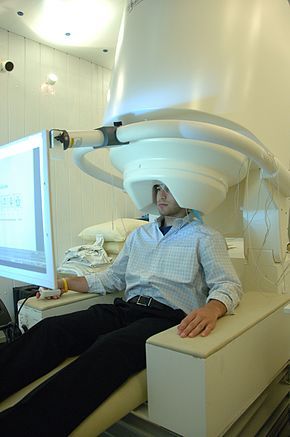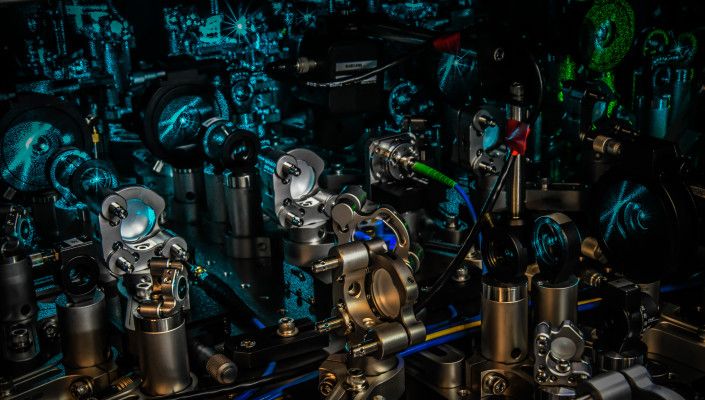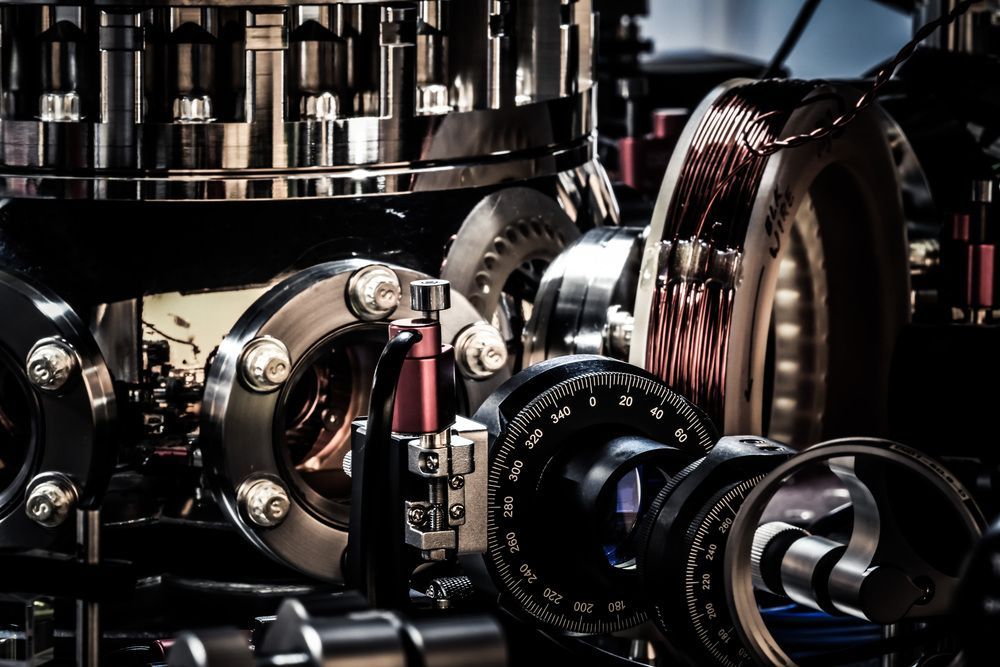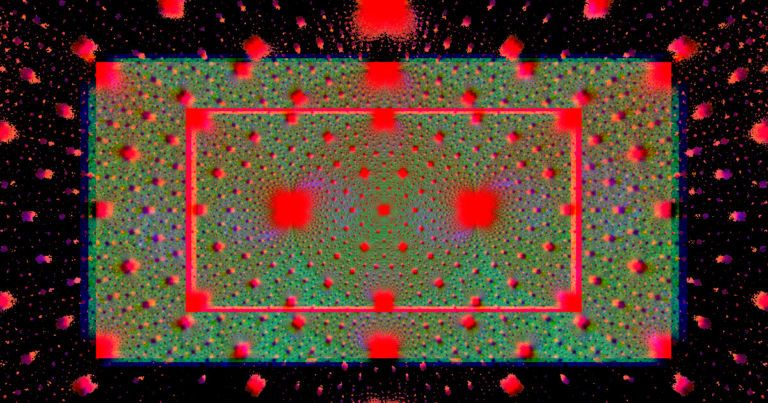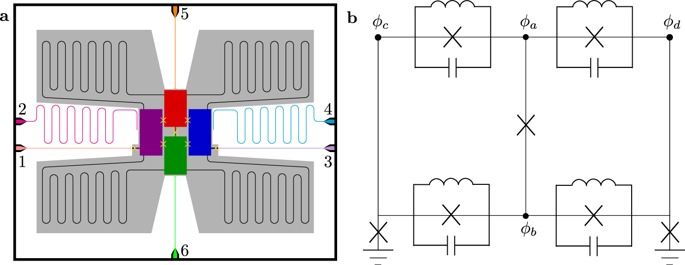My most recent post, “Living in a Computer Simulation,” elicited some insightful comments from a reader skeptical of the possibility of mind uploading. Here is his argument with my own brief response to it below.
My comment concerns a reductive physicalist theory of the mind, which is the view that all mental states and properties of the mind will eventually be explained by scientific accounts of physiological processes and states … Basically, my argument is that for this view of the mind, mind uploading into a computer is completely impractical due to accumulation of errors.
In order to replicate the functioning of a “specific” human mind within a computer, one needs to replicate the functioning of all parts of that specific brain within the computer. [In fact, the whole human body needs to be represented because the mind is a product of all sensations of all parts of the body coalescing within the brain. But, for the sake of argument, let’s just consider replicating only the brain.] In order to represent a specific human brain in the computer, each neuron in the brain would need a digital or analog representation, instantiated in hardware, software or a combination of the two. Unless this representation is an exact biological copy (clone), it will have some inherent “error” associated with it. So, let’s do a sort of “error analysis” (admittedly non-rigorous).
